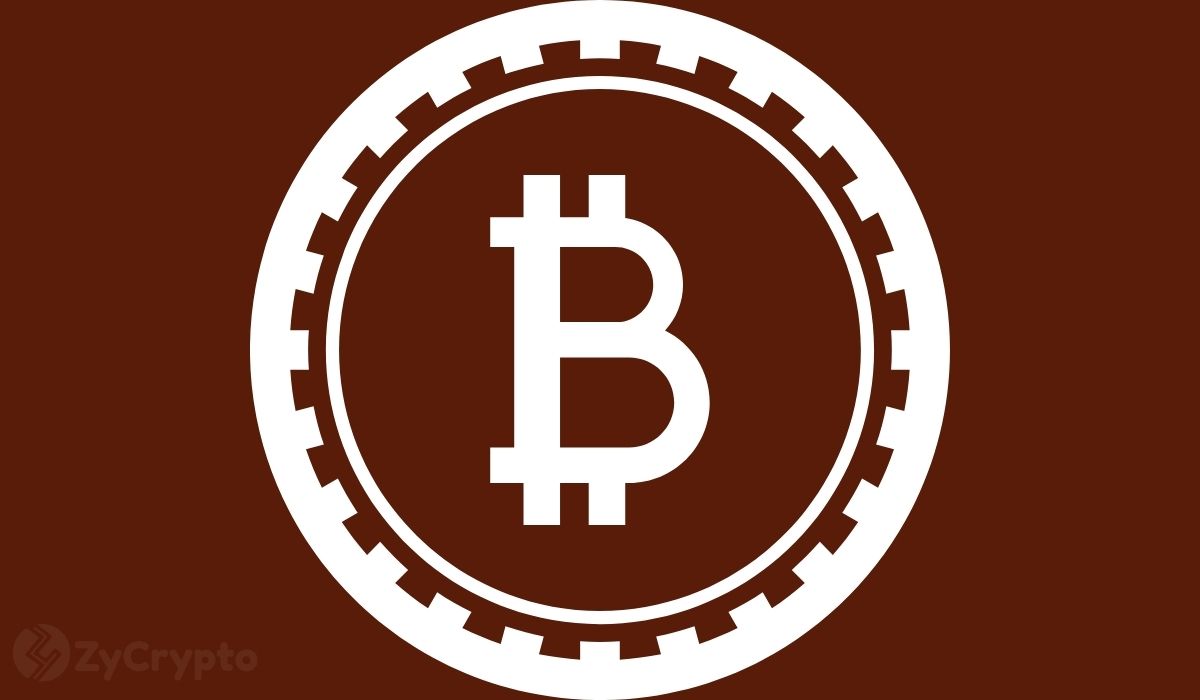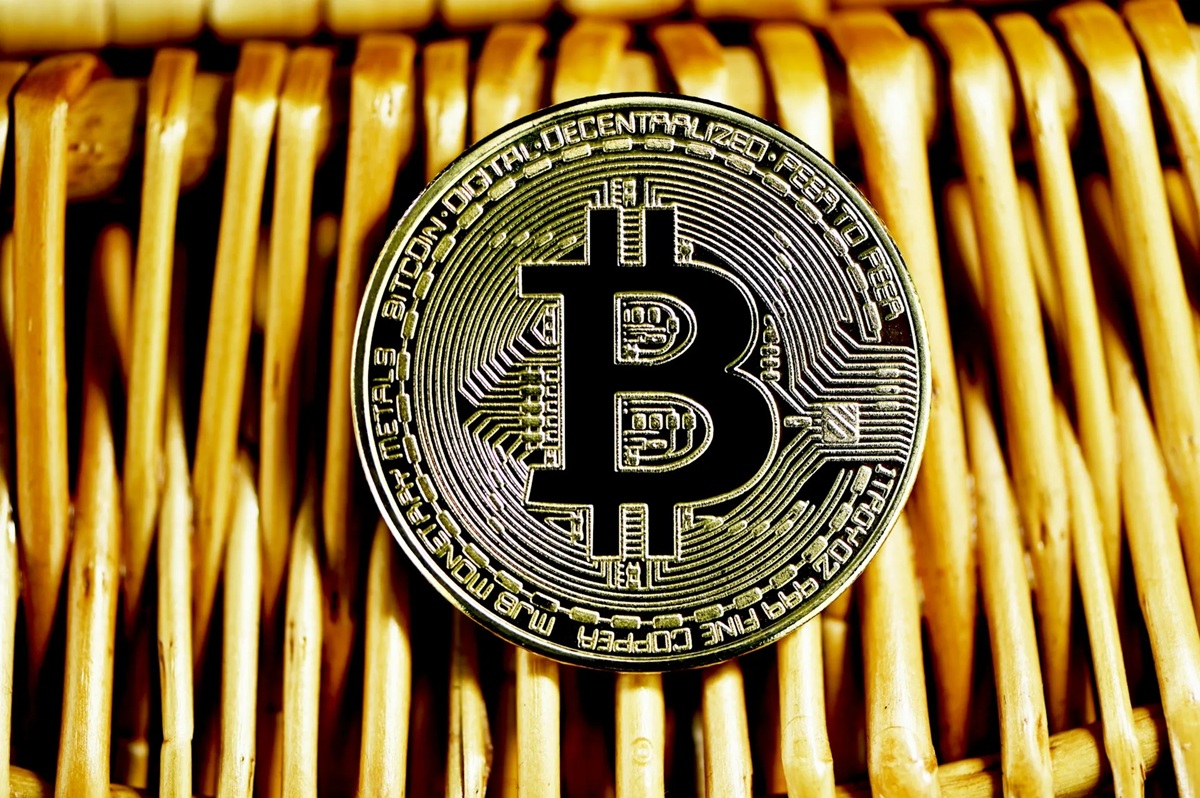Swiss National Bank President Dismisses Calls To Hold Bitcoin As Reserve Asset

Despite mounting pressure from the local crypto industry, the Swiss National Bank President has dismissed holding Bitcoin reserves as a hedge against the current macroeconomic uncertainty, citing concerns over cryptocurrency market volatility and liquidity.
Swiss National Chairman Slams Bitcoin Reserve Push
Swiss National Chairman Martin Schlegel has ruled out holding Bitcoin as part of Switzerland’s central bank reserves as he believes “cryptocurrency cannot currently fulfil the requirements for our currency reserves.”
“For cryptocurrencies, market liquidity, even if it may seem ok at times, is especially during crises naturally called into question. Cryptocurrencies are also known for their high volatility, which is a risk for long-term value preservation,” Schlegel reportedly said at the bank’s General Assembly meeting on Friday.
Schlegel’s comments were prompted by increasing pressure from local crypto pundits to create a Bitcoin reserve. Campaigner Luzius Meisser, a board member of crypto broker Bitcoin Suisse, said in a Reuters interview that adding bitcoin to Switzerland’s treasury “makes more sense as the world shifts towards a multipolar order.” Meisser claimed that the move should be made urgently as the dollar and the euro are “weakening”.
Europe To Follow The U.S. With Bitcoin Reserve?
This is not the first time Schlegel has nixed the idea of incorporating Bitcoin reserves into the Swiss central bank’s coffers. Just last month, he reportedly said he doesn’t want to make Bitcoin a reserve asset in Switzerland, citing a lack of stability, liquidity, and security.
Despite Switzerland’s increasing acceptance of cryptocurrencies, with various Swiss banks offering customers cryptocurrency-related services, the Swiss National Bank’s leadership remains firmly cautious.
This development mirrors Europe’s broader stance. In January, ECB President Christine Lagarde dismissed Bitcoin as “unsafe,” asserting, “I’m confident that Bitcoins will not enter the reserves of any of the central banks.”
By contrast, U.S. President Donald Trump signed an executive order last month to create a strategic BTC reserve funded not through purchases but by retaining seized crypto assets.
The EO order authorizes the Treasury and Commerce Departments to explore budget-neutral ways to increase those holdings.
White House AI and Crypto Czar David Sacks indicated that the order also establishes a separate Digital Asset Stockpile made up of non-Bitcoin crypto assets confiscated in legal proceedings.
At press time, Bitcoin is trading at $94,249, down 1.2% in the last 24 hours, CoinGecko data shows. The apex crypto still remains 13.5% below its all-time high of almost $109,000, set on January 20, ahead of Trump’s inauguration as U.S. President.
Swiss National Bank President Dismisses Calls To Hold Bitcoin As Reserve Asset

Despite mounting pressure from the local crypto industry, the Swiss National Bank President has dismissed holding Bitcoin reserves as a hedge against the current macroeconomic uncertainty, citing concerns over cryptocurrency market volatility and liquidity.
Swiss National Chairman Slams Bitcoin Reserve Push
Swiss National Chairman Martin Schlegel has ruled out holding Bitcoin as part of Switzerland’s central bank reserves as he believes “cryptocurrency cannot currently fulfil the requirements for our currency reserves.”
“For cryptocurrencies, market liquidity, even if it may seem ok at times, is especially during crises naturally called into question. Cryptocurrencies are also known for their high volatility, which is a risk for long-term value preservation,” Schlegel reportedly said at the bank’s General Assembly meeting on Friday.
Schlegel’s comments were prompted by increasing pressure from local crypto pundits to create a Bitcoin reserve. Campaigner Luzius Meisser, a board member of crypto broker Bitcoin Suisse, said in a Reuters interview that adding bitcoin to Switzerland’s treasury “makes more sense as the world shifts towards a multipolar order.” Meisser claimed that the move should be made urgently as the dollar and the euro are “weakening”.
Europe To Follow The U.S. With Bitcoin Reserve?
This is not the first time Schlegel has nixed the idea of incorporating Bitcoin reserves into the Swiss central bank’s coffers. Just last month, he reportedly said he doesn’t want to make Bitcoin a reserve asset in Switzerland, citing a lack of stability, liquidity, and security.
Despite Switzerland’s increasing acceptance of cryptocurrencies, with various Swiss banks offering customers cryptocurrency-related services, the Swiss National Bank’s leadership remains firmly cautious.
This development mirrors Europe’s broader stance. In January, ECB President Christine Lagarde dismissed Bitcoin as “unsafe,” asserting, “I’m confident that Bitcoins will not enter the reserves of any of the central banks.”
By contrast, U.S. President Donald Trump signed an executive order last month to create a strategic BTC reserve funded not through purchases but by retaining seized crypto assets.
The EO order authorizes the Treasury and Commerce Departments to explore budget-neutral ways to increase those holdings.
White House AI and Crypto Czar David Sacks indicated that the order also establishes a separate Digital Asset Stockpile made up of non-Bitcoin crypto assets confiscated in legal proceedings.
At press time, Bitcoin is trading at $94,249, down 1.2% in the last 24 hours, CoinGecko data shows. The apex crypto still remains 13.5% below its all-time high of almost $109,000, set on January 20, ahead of Trump’s inauguration as U.S. President.
